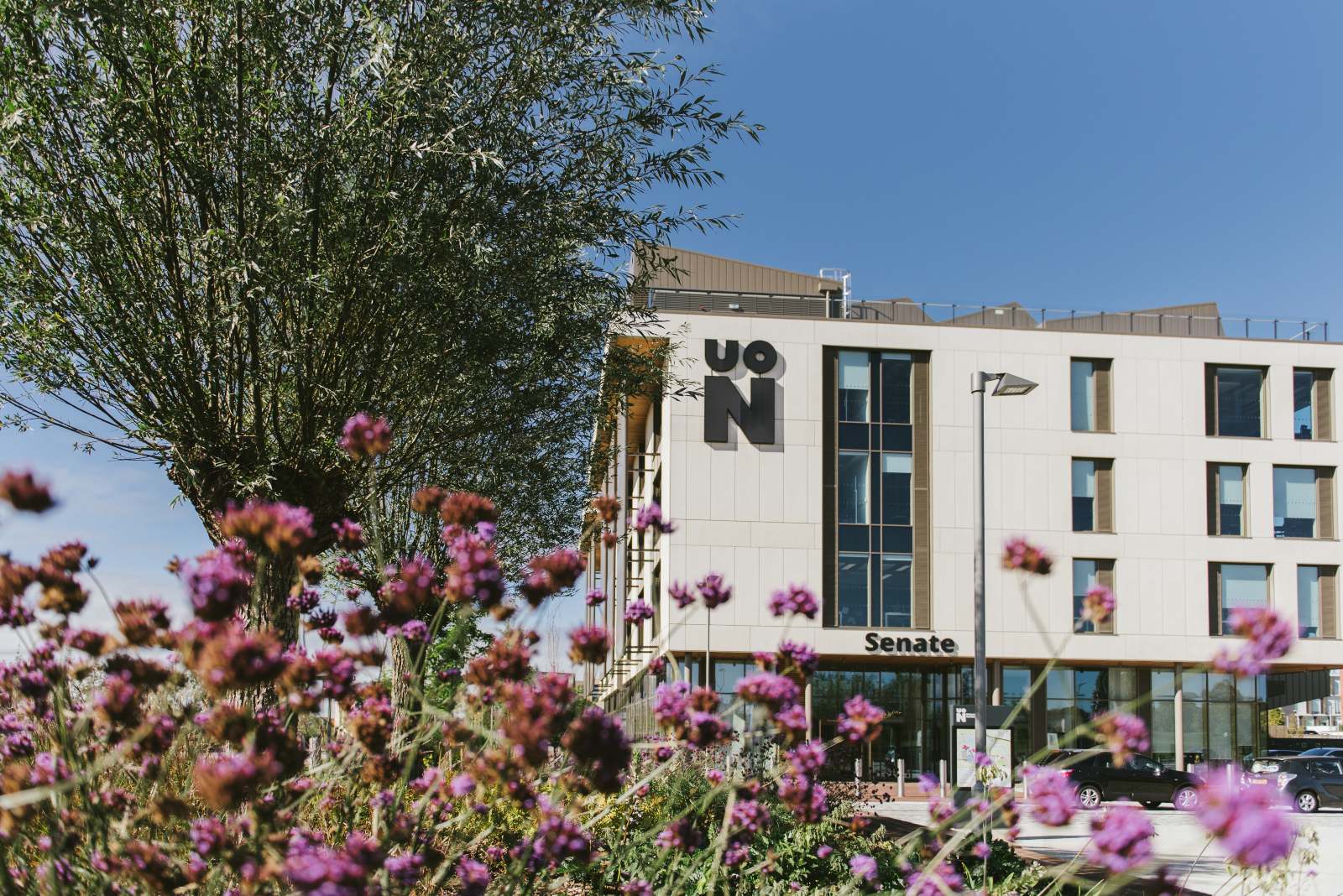‘Allotted’ time outdoors for urban gardeners grows better health and wellbeing
Date 17.02.2025
17.02.2025
The humble urban allotment is a sanctuary that can enhance the emotions, health and wellbeing of people from lower-income backgrounds.
Allotment time can also boost people’s sense of identity as they ‘green up’ the urban world, according to research co-led by University of Northampton (UON) Lecturer in Positive Psychology Rhys Furlong.
Having contact with nature for between 120 and 300 minutes a week can significantly benefit people’s physical and mental health. It can reduce stress and mental fatigue, decrease depression and increase vitality.
However, in England, people from low-income areas generally do not access nature to the same extent as those from affluent neighbourhoods – largely because they have limited access to private and public greenspace and travel further to access nature.
The research is part of Rhys’s PhD with University of Derby; he and his colleagues explored the experiences of allotment gardeners from low-income areas of Nottingham.
Rhys volunteered at St Ann’s Allotments in Nottingham, interviewing allotment gardeners, staff and fellow volunteers to understand their experiences, with surveys and photography. The findings reveal:
- Allotments benefit individual wellbeing, providing a safe and private place for tenants to retreat to, supporting their mental health and offering a sense of relaxation and calm.
- Half of the research participants expressed a sense of connection with their upbringing through allotment gardening.
- Through their experiences with gardening, the participants rediscovered a sense of empowerment and control through the agency they gained from physically developing their allotments.
- As the participants became accustomed to the allotments, the social connection between tenants on the site became a central component of their experience.
As allotments play an important role in ‘greening’ low-income areas, they also engage and employ local people, preventing ‘green gentrification’ by higher-income earners.
Rhys says: “The experiences that gardeners at St Ann’s allotments shared reveals a true sense of belonging, comfort, community and meaning. Aside from the obvious benefits of getting outdoors for mental health, the participants loved getting to know their neighbours and feeling empowered through working with the land.
“Allotments offer many benefits for working-class people; they can be safe and private places to escape the stresses of daily life and get respite from mental health issues; they offer a space to connect with local people; and having local greenspaces mean less time commuting and reduced transportation costs, both welcome savings during the cost of living.”